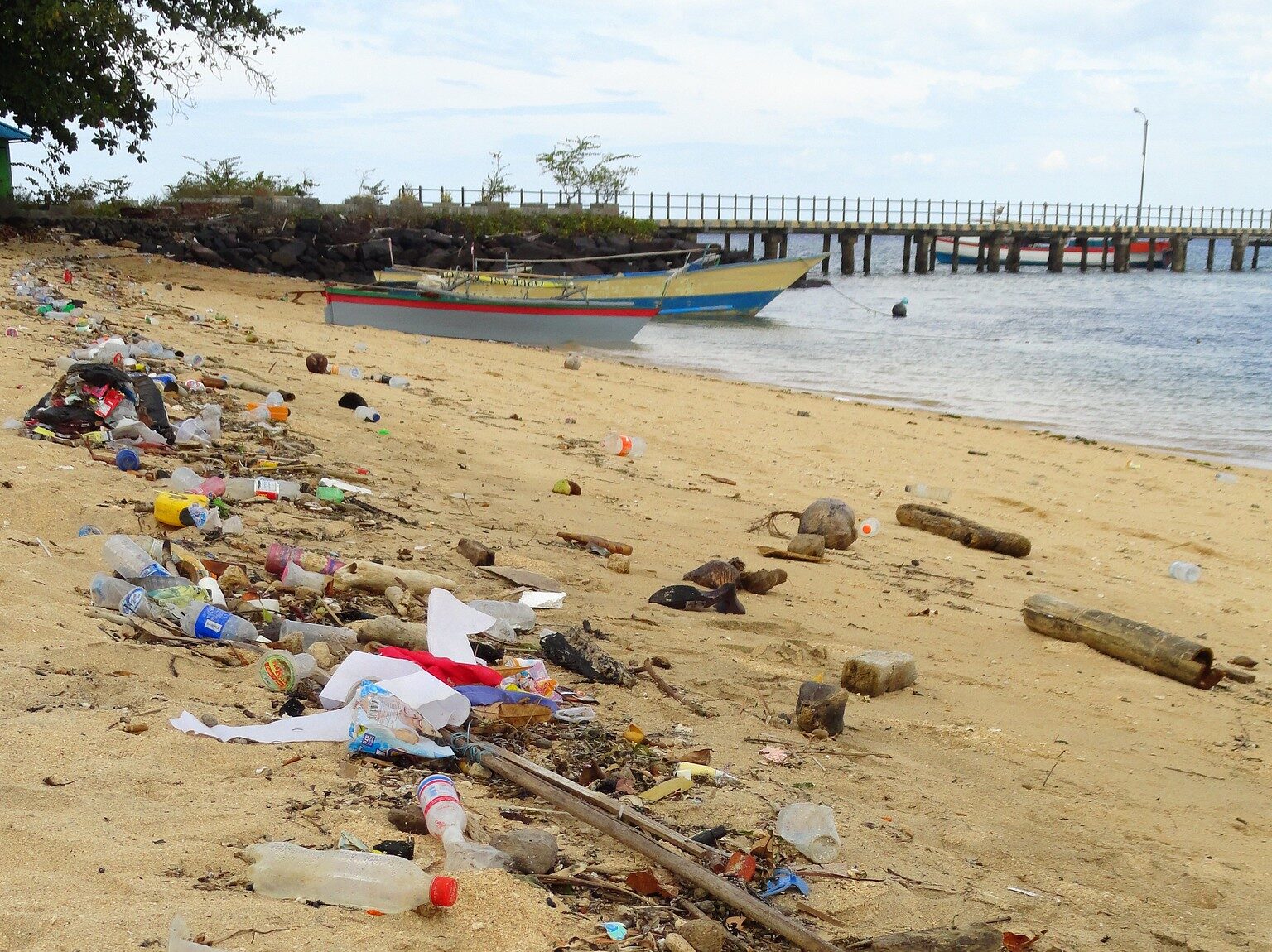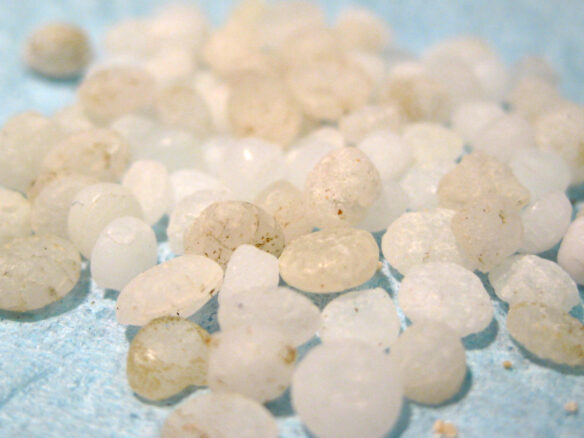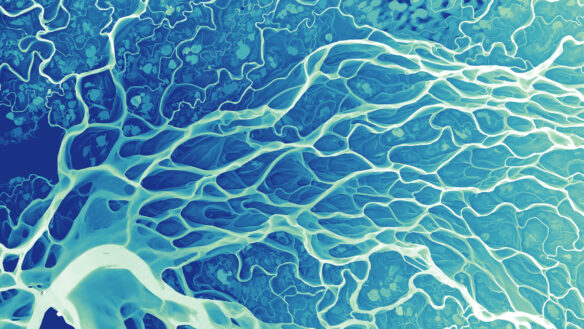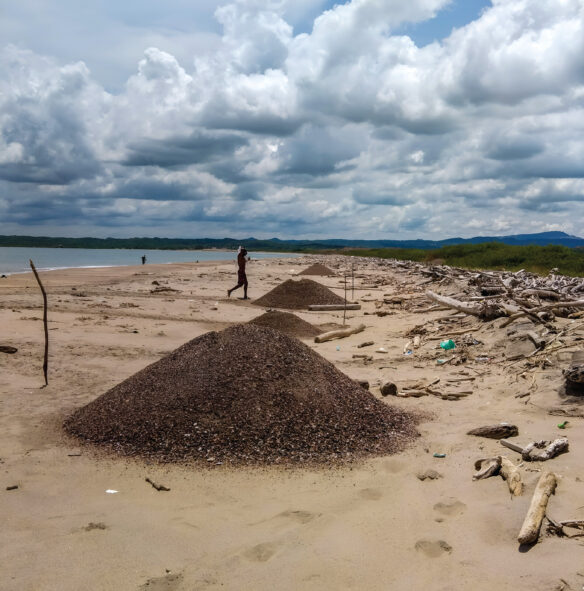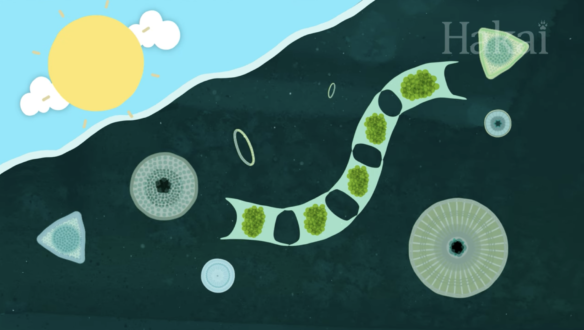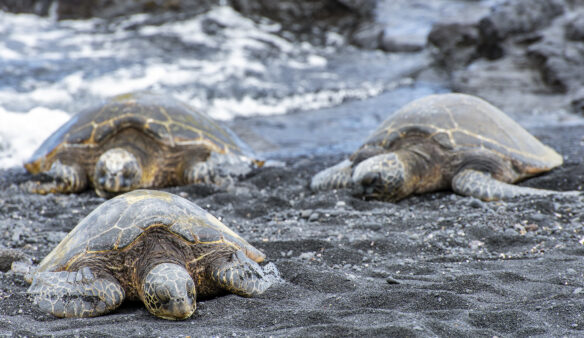Excerpt:
The western coast of Java in Indonesia is popular with surfers for its world-famous breaks. There’s a majestic underwater world to explore, too. But it’s impossible to surf or snorkel without running into plastic water bottles, single-use cups and food wrappers. The garbage sometimes forms islands in the sea, and much of it washes ashore, accumulating as mountains on the beach.
The world produces around 400 million metric tons of plastic waste each year. Every day, 2,000 truckloads of it is dumped into the ocean, rivers and lakes.
Despite global efforts to give plastic products longer lives, only 9% of them are actually recycled. Most plastic waste goes into landfills or is shipped to places like Indonesia and other Southeast Asian nations, many of which are already drowning in their own plastic pollution.
Clearing beaches of litter in Indonesia is no small task. The country is the world’s second-biggest producer of plastic waste. As the world’s longest archipelago — stretching over the same distance as London to New York — Indonesia has a vast coastline and three times the amount of sea surface area than land, making fishing an industry that 12 million people rely on.
Without adequate state services to keep the beaches clear of litter, fishing communities are on the front lines of the clean-up.
Clearing beaches of litter in Indonesia is no small task. The country is the world’s second-biggest producer of plastic waste. As the world’s longest archipelago — stretching over the same distance as London to New York — Indonesia has a vast coastline and three times the amount of sea surface area than land, making fishing an industry that 12 million people rely on.
Without adequate state services to keep the beaches clear of litter, fishing communities are on the front lines of the clean-up.
Loji Beach, nestled in a bay in West Java, is especially prone to plastic pile-ups. Ocean currents sweep the waste into the bay where it gets trapped in and ends up on the sand.
“There’s no real community living here. There’s not a proper road to the beach, so there’s no local people cleaning it up properly, like you see in other parts of the country,” said Edu Ponces, a Barcelona-based photographer. “Loji Beach is telling us something: if we decide not to do more about plastic waste, this is what the sea will give back to us…”

